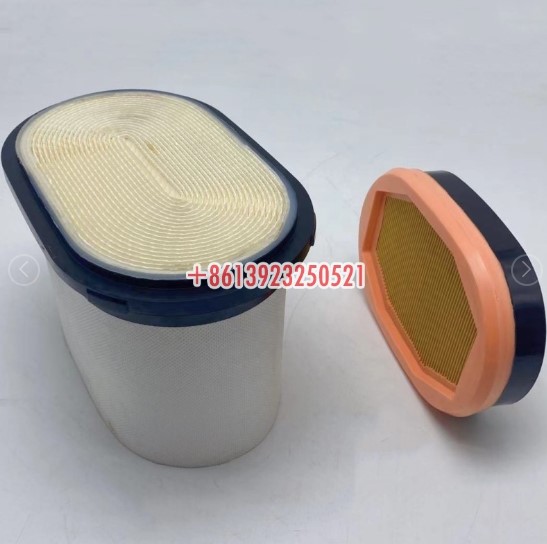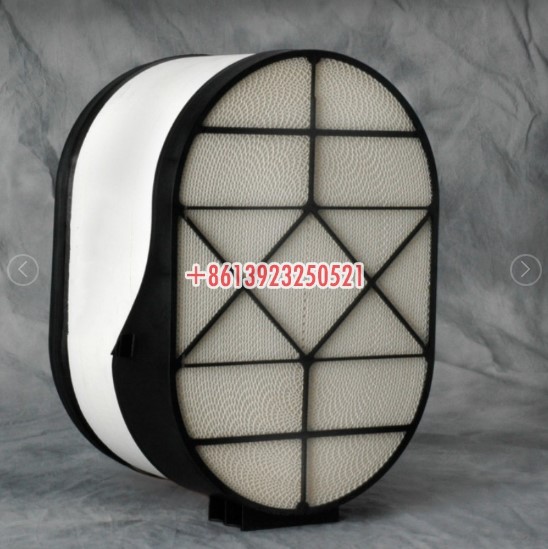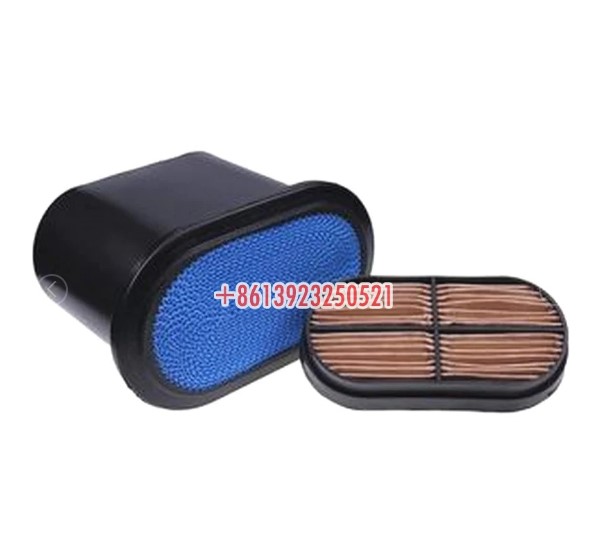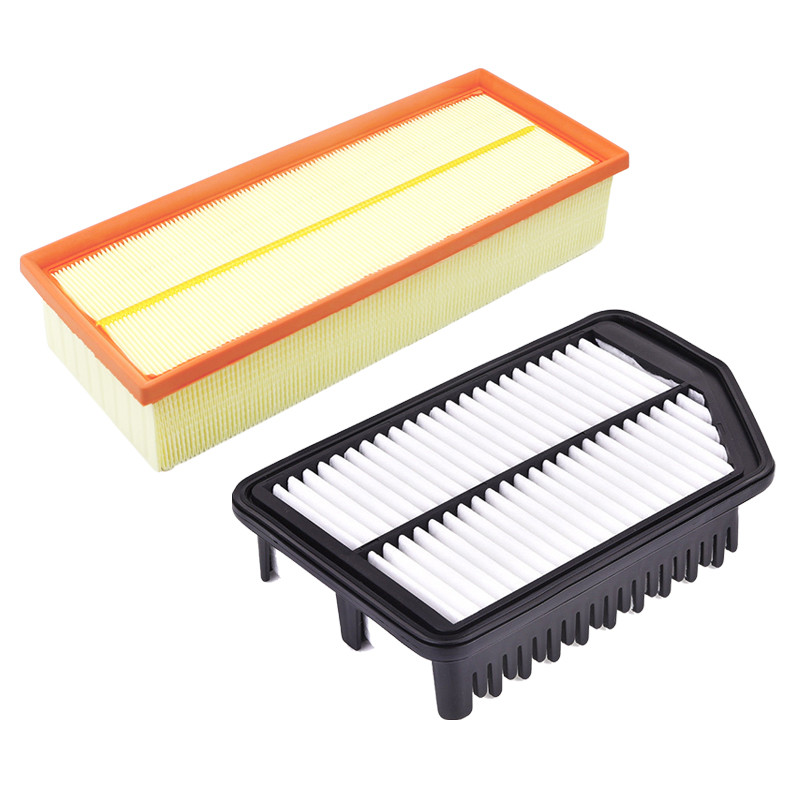Most car owners are aware that their vehicles have air filters, but not everyone understands the critical role these filters play in keeping their engines running smoothly. In this article, we will look at the functions of a car's air filter, the symptoms that suggest a need for replacement, the recommended frequency for changing air filters, and why this apparently little component is so critical to the performance and durability of your vehicle.
What Does An Air Filter Do In A Car?
An air filter in an automobile acts as a guardian for the engine, ensuring that only clean and filtered air reaches the combustion chamber. Here's a breakdown of its functions:
Function 1: Dust And Debris Removal
Car air filters serve as the first line of defense against airborne contaminants. They're designed to capture particles like dust, dirt, pollen, and even tiny debris before these elements enter the engine. The filter's substance is commonly pleated paper or a fabric-like medium that retains impurities while allowing clean air to pass through.

Function 2: Engine Efficiency
A clean air filter ensures that the engine obtains the proper balance of air and fuel, resulting in an optimal air mixture for combustion. This exact combination results in efficient combustion, which adds to improved fuel economy. When the air filter is clogged, the engine might receive less air than required, leading to a richer mixture that burns more fuel and generates excessive emissions.
Function 3: Engine Longevity
Engines are expensive pieces of machinery, and their proper care is essential for longevity. The air filter plays a pivotal role in protecting the engine from contaminants that can cause premature wear and damage. The air filter reduces wear and tear on essential components such as cylinders, pistons, and valves by keeping particulates from entering the engine. This safeguard mechanism may prevent you from costly engine repairs in the future.
What Are The Symptoms Of A Bad Air Filter In A Car?
The air filter in your automobile is not a permanent component. It requires regular maintenance and replacement when it becomes clogged or damaged. Here are some common symptoms that indicate a need for a new air filter:
Decreased Fuel Efficiency
Reduced fuel economy is one of the most obvious indications of a malfunctioning air filter. When the filter becomes clogged with particles, the airflow to the engine is reduced. As a result, the engine compensates by adjusting the air-fuel mixture, usually making it richer, which leads to increased fuel consumption.

Reduced Engine Performance
A clogged air filter can significantly hinder your car's performance. It reduces the quantity of air entering the engine, resulting in less power and acceleration. You might find it challenging to accelerate quickly or maintain highway speeds.
Unusual Engine Sounds
A dirty or damaged air filter can disrupt the combustion process, leading to unusual engine noises. As the engine strains to function smoothly, you may hear coughing, sputtering, or even a popping sound.
Check Engine Light
A bad air filter can trigger the check engine light on your dashboard. While this warning light might signify a variety of problems, it's critical to examine and solve it as soon as possible since a blocked air filter can lead to engine troubles.
How Often Should Air Filters Be Changed In A Car?
The frequency with which you replace your air filter is determined by various factors, including your driving circumstances, the type of air filter you use, and the manufacturer's recommendations. Here's a more detailed breakdown:
Standard Replacement Interval: Many car manufacturers recommend replacing the air filter every 12,000 to 15,000 miles (19,000 to 24,000 kilometers) or once a year, whichever comes first. This rule works effectively in most driving situations.
Severe Driving Conditions: If you frequently drive in challenging environments, such as dusty roads or heavy traffic, you may need to replace the filter more often. Under these conditions, inspecting it every few months is recommended.
Visual Inspection: Regardless of your driving conditions, it's a good practice to visually inspect your air filter periodically. Even if it hasn't reached the prescribed mileage or time period, it's time to replace it if it is unclean, blocked, or broken.

Is It Important To Change The Air Filter In A Car?
Absolutely, changing the air filter in your car is of utmost importance. Here's why:
Engine Health and Longevity: A clean air filter is like a shield for your engine. It ensures that the engine receives clean, uncontaminated air, which is essential for its smooth operation and longevity. Without effective filtration, hazardous particles can enter the engine and cause premature wear and damage.
Fuel Efficiency: Maintaining a clean air filter is a straightforward way to boost fuel efficiency. When the engine receives the proper mix of air and gasoline, it runs more effectively, which saves you money at the pump.
Emissions Reduction: Proper combustion, facilitated by a clean air filter, results in reduced emissions. This is not only good for the environment, but it may also help your car pass emissions testing and avoid fines or penalties.
Cost Savings: When compared to the possible expenses of engine damage or lower fuel economy, replacing an air filter is a comparatively affordable maintenance chore. Regular air filter replacements can save you money over the life of your car.
Conclusion
The importance of a car's air filter may be easy to ignore, but it is unquestionably important for your vehicle's health and efficiency. Regularly changing the air filter is a simple yet effective way to ensure your engine operates optimally, leading to improved fuel efficiency, reduced emissions, and a longer-lasting vehicle. As a car filter supplier, COOBELL offers a wide range of car filters including air filters, oil filters, fuel filters, etc. If you are looking for them, contact us now!


.jpg)
.jpg)
